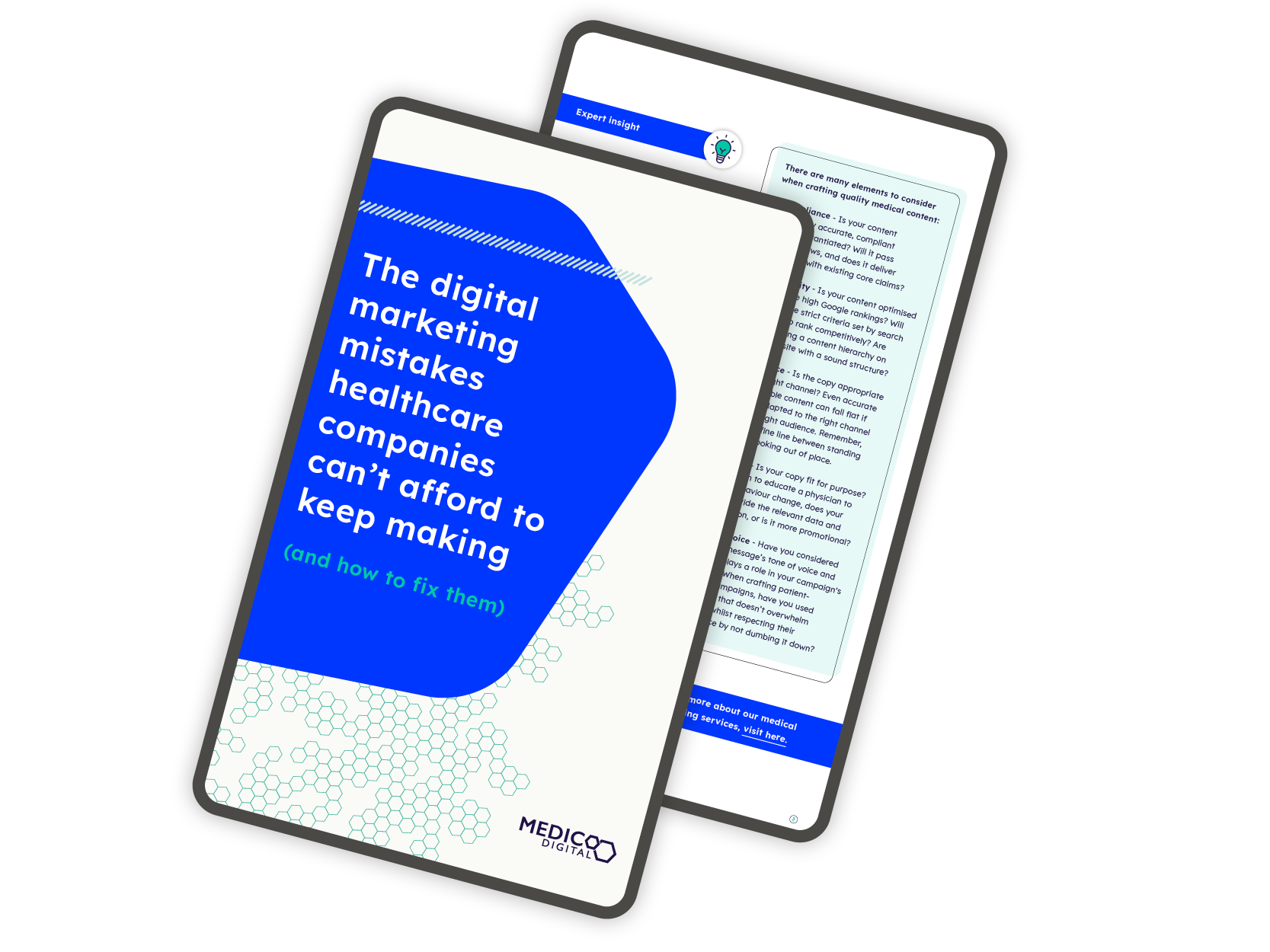On 26th May, Spire Healthcare Group, one of the largest players in UK private healthcare, announced it had agreed to a £2.1 billion takeover by Australian hospital group Ramsay Health Care. With 39 hospitals and clinics across the UK, Spire is an attractive target for Ramsay to strengthen its position in the UK market.
Priced at 240p per share, the offer is at a 24% premium of the stock’s previous closing price. The deal comes just three years after Spire rejected a takeover for 300p per share by South Africa’s Mediclinic International plc, Spire’s biggest shareholder. Mediclinic has indicated that it will vote in favour of the takeover by Ramsay.
But why has Spire accepted this latest bid despite its lower price per share? The Mediclinic bid was funded in shares which have since declined sharply. The Ramsay bid is in cash, which brings more certainty to shareholders.
But it’s important to note that Spire’s fortunes were suffering even before the COVID-19 pandemic – this undoubtedly made the Ramsay bid more attractive. Patient acquisition was down, and the group had already felt the strain of fewer NHS referrals. All this after Spire had invested £125 million in new state-of-the-art hospitals in Manchester (£65 million) and Nottingham (£60 million) in early 2017.
Reduced referrals: A pre-COVID trend
Spire Healthcare is not the only private health care group affected by the reduced number of NHS referrals. This represents a larger trend across the UK healthcare industry. In 2017, the government scrapped fines on NHS hospitals for failing to start treatment for 92% of patients within 18 weeks for elective treatment.
This led to longer waiting times for patients and reduced referrals to the private sector. NHS hospitals began to delay referrals or take the work in-house. Meanwhile, with a growing and ageing population, the demand for hospital treatment increased, and it was to be expected that the underfunded NHS would struggle to keep up with the demand.
Even before the pandemic, longer wait times, reduced referrals and growing dissatisfaction with an overcrowded and underfunded NHS had led to a rise in the self-pay market. During the pandemic, all but very urgent procedures were suspended, creating an even deeper backlog of unmet care.
The rise of the self-pay consumer
Going forward, as the NHS moves cautiously to resume treatments, the resources needed to clear the backlog and long wait lists are not likely to be available any time soon. All this poses an opportunity for private hospitals.
No doubt a cornerstone of the new Ramsay/Spire strategy will be to mitigate the effects of reduced referrals by focussing on patient acquisition, in particular capitalising on the growth of self-pay patients.
Market analysts LaingBuisson predict a 10–15% rise in self-pay volumes, particularly in the areas of orthopaedics, ophthalmology, gastroenterology, gynaecology and urology.
Self-pay patients are taking their health in their own hands: They are paying for their treatment with their personal savings and, as a result, are starting to see themselves not just as patients but as consumers. As with most large consumer purchases, they are taking to the internet to research the best quality care for themselves.
Increase client acquisition via digital strategy
Given the landscape of reduced referrals and the rise in self-pay patients proactively seeking treatment, it has become a necessity for private healthcare providers to focus their strategy on attracting clients through their online presence.
One of the most important assets any healthcare provider has is their website. In a competitive space, SEO and sound paid advertising strategies are crucial to attracting and winning over self-paying patients. If this is an area where you could use a tune-up, our digital specialists would be happy to help.





 Download for FREE
Download for FREE 